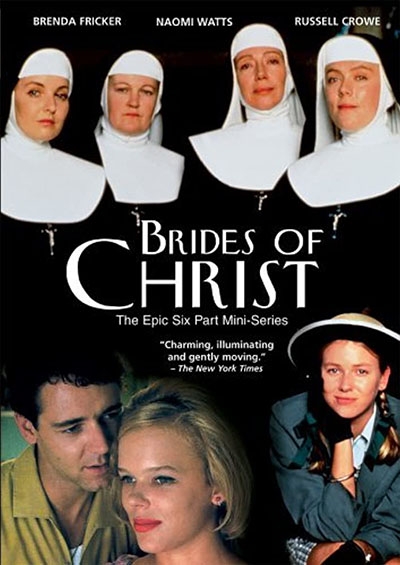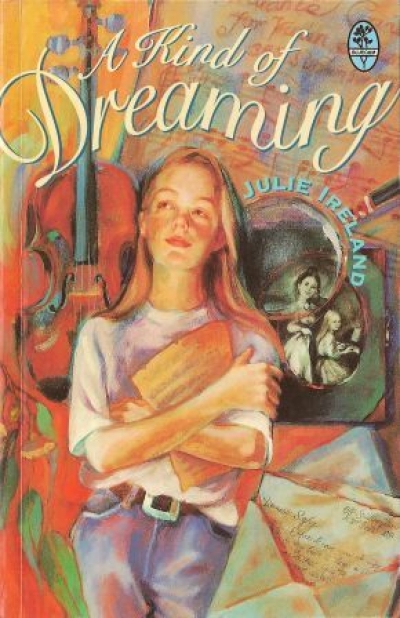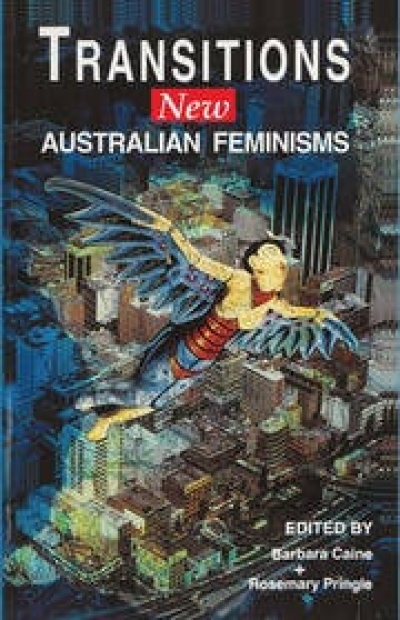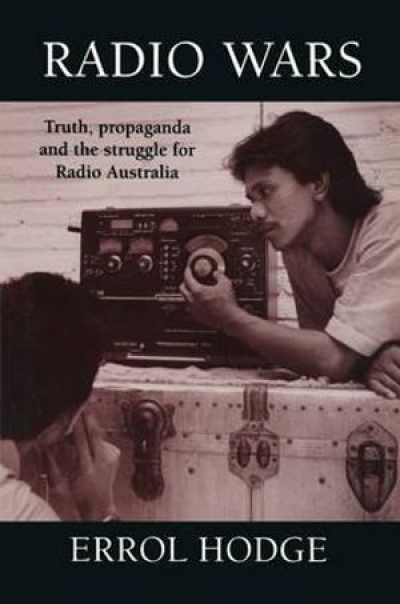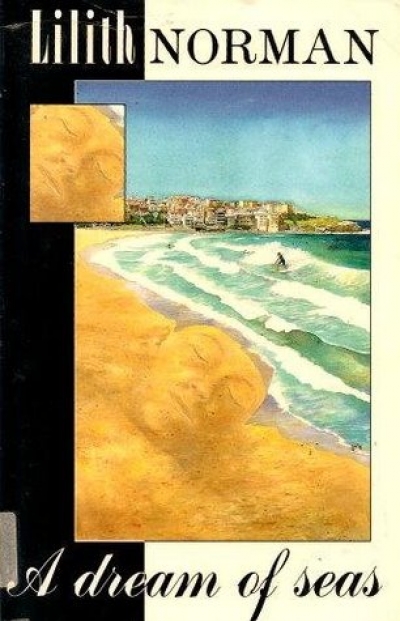Archive
The Abundant Culture, Meaning and Significance in Everyday Australia edited by David Headon, Joy Hooton, and Donald Horne
by Humphrey McQueen •
Correggio Jones and the Runaways: The Italo-Australian connection by Desmond O’Grady
by Brenda Niall •
In an interview in this issue about his new novel, The Sitters, which is about a portrait painter, Alex Miller suggests the novel is almost
a continuous monologue. almost something he shouted to himself while he was working. The Sitters is this kind of shouted monologue: this man shouting at himself, to himself, listening while he is painting, listening to the sounds of himself painting.
... (read more)Brides of Christ, Episode 3 by John Alsop and Sue Smith & The Drought by Tom Petsinis
by Sam Sejavka •
A Kind of Dreaming by Julie Ireland & Next Stop the Moon by Suzanne Gervay
by Barry Carozzi •
Transitions: New Australian feminisms edited by Barbara Caine and Rosemary Pringle
by Barbara Brook •
Radio Wars: Truth, propaganda and the struggle for radio Australia by Errol Hodge
by Joan Dugdale •
A Dream of Seas by Lilith Norman & The Secret Beach by Jackie French
by Katharine England •



